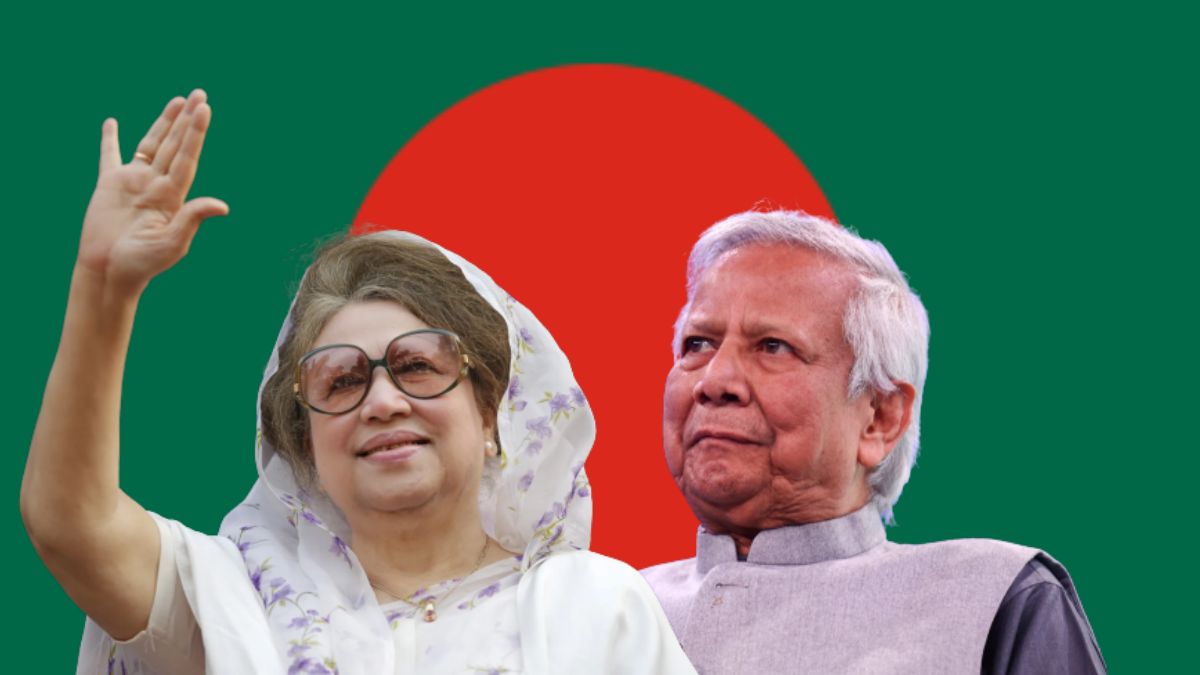Selective Justice: Do Acquittals Of BNP Leaders In Bangladesh Hint At Political Dealmaking?

A clear bias has been visible in court rulings in Bangladesh, where BNP leaders keep getting favourable verdicts, while those from Awami League get harsh punishments. Image coutesy: RNA
A series of court decisions over the past year has cleared senior leaders of the Bangladesh Nationalist Party (BNP) of long-standing convictions, fuelling debate about whether the judiciary is being steered by political calculations rather than impartial law.
The turning point came in November 2024, when the High Court acquitted former prime minister Khaleda Zia in the Zia Charitable Trust case, where she had been serving a seven-year sentence. A month later, in December 2024, the Supreme Court overturned convictions in the 2004 grenade attack case, clearing Tarique Rahman and 48 others of responsibility for one of Bangladesh’s deadliest political assaults.
In January 2025, the Supreme Court also annulled Khaleda Zia’s 2018 conviction in the Zia Orphanage Trust case, ruling the prosecution was fundamentally flawed. By September 2025, further acquittals followed, with BNP figures Iqbal Hasan Mahmud Tuku, Mir Mohammad Nasiruddin, and Mir Mohammad Helaluddin cleared of corruption charges that had stood for years.
These reversals mark a sweeping departure from earlier verdicts that had sidelined much of the BNP leadership from active politics.
Why are the rulings raising concerns?
Judicial explanations have stressed procedural lapses and defective investigations, with some judges describing earlier trials as legally unsound. However, the pattern of acquittals—concentrated among BNP leaders—has prompted scepticism.
Observers point out that while BNP figures are regaining political ground, members of the ousted Awami League continue to face aggressive prosecutions. This imbalance, critics argue, risks turning the courts into tools of political bargaining rather than neutral arbiters. Rights groups warn that trading one form of politicised justice for another erodes institutional credibility.
What are the broader implications?
The interim government under Chief Adviser Muhammad Yunus has pledged to safeguard judicial independence, yet appeals filed by the attorney general’s office and the Anti-Corruption Commission against BNP acquittals suggest unease even within state institutions. For families of victims—especially of the 2004 grenade attack—the reversals have been deeply unsettling, raising fears that decades of legal struggle are being undone.
The concern now is not limited to individual cases. It touches the foundation of public trust in Bangladesh’s judiciary. If verdicts appear tied to the fortunes of ruling parties, citizens may lose faith in legal remedies altogether, raising the risk of disputes spilling into the streets rather than being settled in courts.







